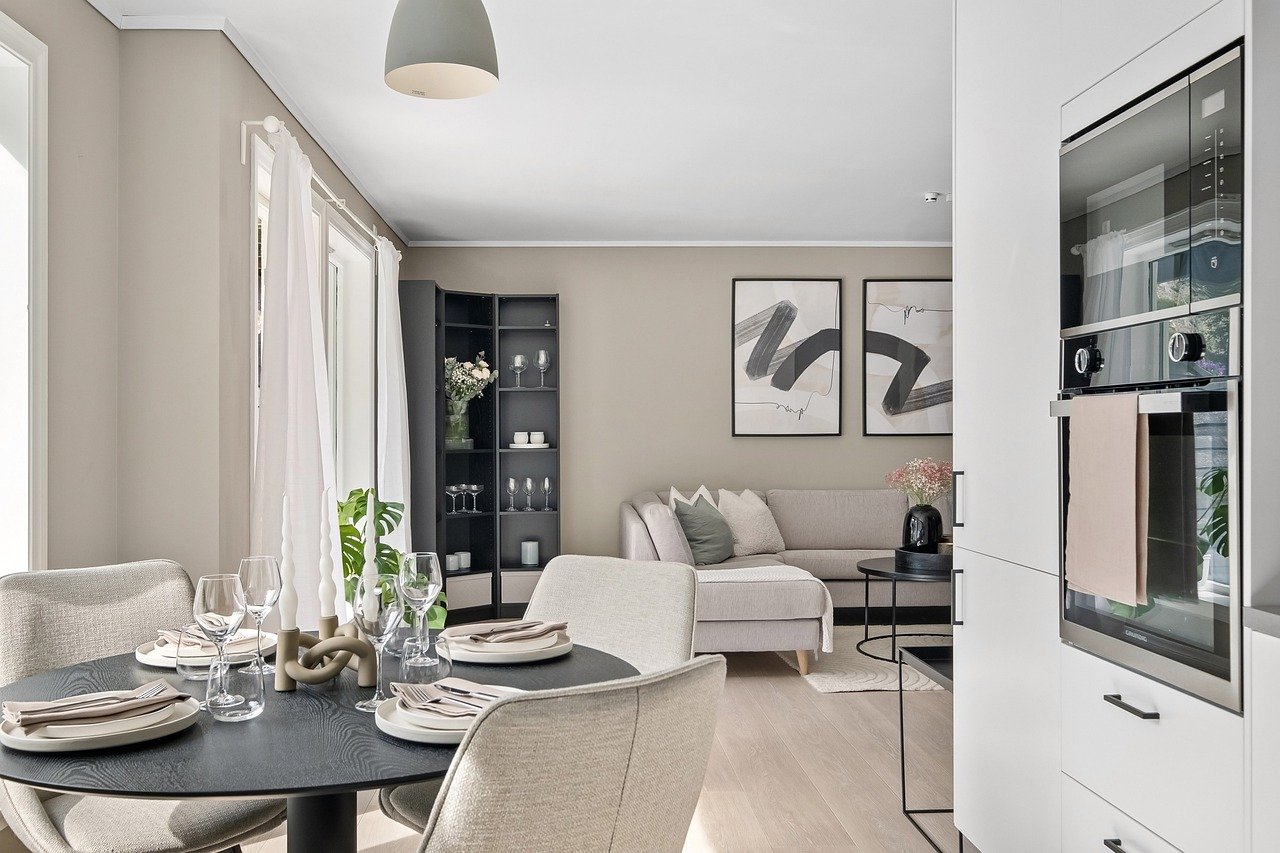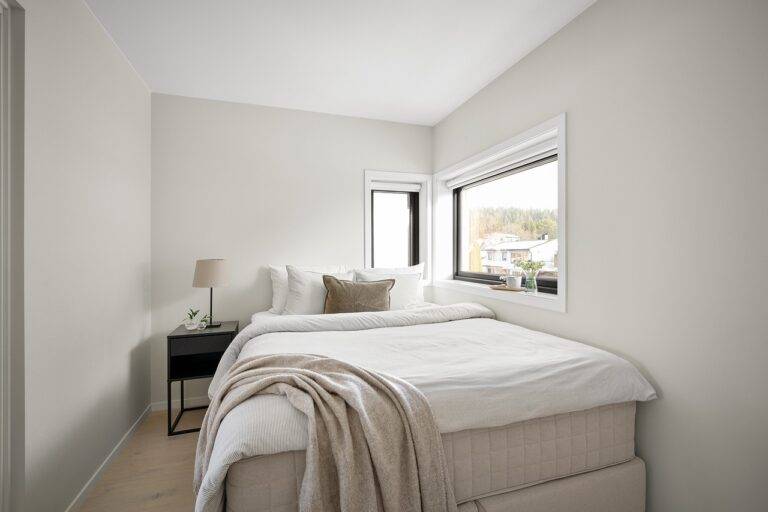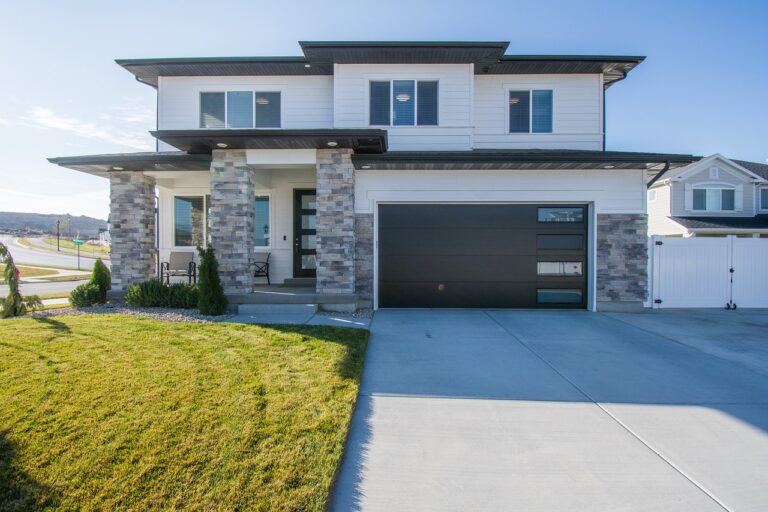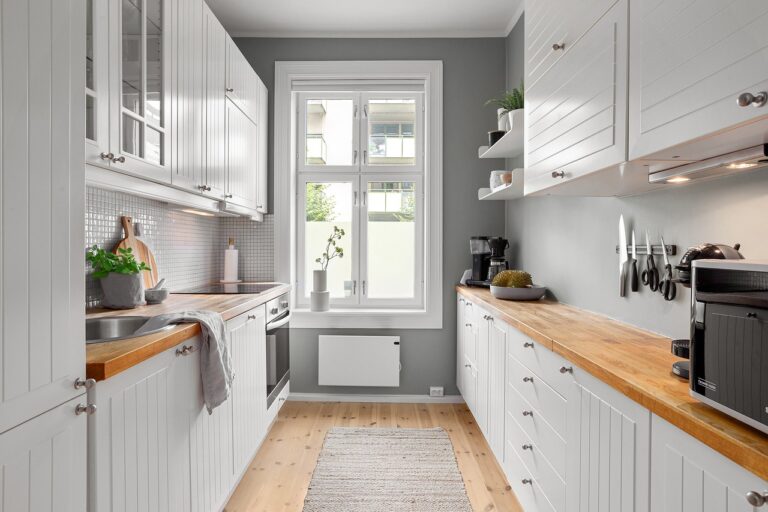Smart Home Security: Protecting Your Property with Advanced Technology
Smart home security systems have revolutionized the way we protect our homes, offering advanced technology that provides round-the-clock surveillance and monitoring. These systems leverage a combination of sensors, cameras, and smart devices to detect any potential threats or security breaches in real-time, giving homeowners peace of mind whether they are at home or away. With the ability to remotely access and control the system through a smartphone app, users can stay connected and react promptly to any security alerts.
One of the key advantages of smart home security systems is their ability to provide layered protection for the home. In addition to traditional security measures like door and window sensors, these systems can incorporate features such as motion detectors, glass break sensors, and even facial recognition technology for enhanced accuracy in identifying intruders. By integrating these components into a cohesive network, smart home security systems offer comprehensive coverage that extends beyond just physical barriers, creating a more robust defense against potential threats.
Benefits of Smart Home Security
One of the primary advantages of smart home security systems is the peace of mind they offer to homeowners. With features such as remote monitoring and real-time alerts, individuals can keep an eye on their property even when they’re away. This added layer of security helps to deter potential intruders and provides homeowners with a sense of control over their living environment.
Moreover, smart home security systems can also lead to cost savings in the long run. By investing in devices such as smart locks, cameras, and motion sensors, individuals can potentially lower their homeowner’s insurance premiums. Additionally, the ability to monitor energy usage and control appliances remotely can result in reduced utility bills. Overall, the financial benefits of smart home security systems make them a worthwhile investment for homeowners looking to enhance both their safety and savings.
Key Components of a Smart Home Security System
One of the key components of a smart home security system is the central control panel. This serves as the brain of the system, allowing you to arm and disarm your security devices, receive alerts, and monitor your home remotely. The control panel also often includes a built-in touchscreen or keypad for easy access and operation.
Another essential component is the array of sensors that detect unusual activity in and around your home. These can include door and window sensors, motion detectors, and glass break sensors. When triggered, these sensors communicate with the central control panel to alert you of a potential security breach, giving you peace of mind knowing that your home is being monitored 24/7.
• Central control panel serves as the brain of the system
• Allows for arming and disarming security devices
• Includes built-in touchscreen or keypad for easy access
• Array of sensors detect unusual activity
• Sensors can include door/window, motion, and glass break sensors
• Communicate with central control panel to alert of potential security breach
What is a smart home security system?
A smart home security system is a network of devices that work together to monitor and protect your home from intruders, fires, carbon monoxide leaks, and other safety threats.
What are the benefits of a smart home security system?
Some benefits of a smart home security system include remote monitoring, real-time alerts, increased peace of mind, and the ability to control your system from anywhere using a smartphone or tablet.
What are the key components of a smart home security system?
The key components of a smart home security system typically include sensors, cameras, a control panel, a siren, and smart locks. These components work together to provide comprehensive protection for your home.
Can I install a smart home security system myself?
While some smart home security systems are designed for DIY installation, it’s often best to have a professional install and configure your system to ensure it functions properly and provides reliable protection for your home.







